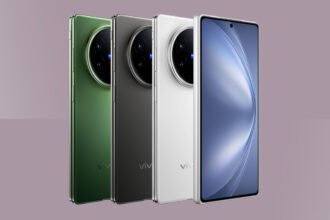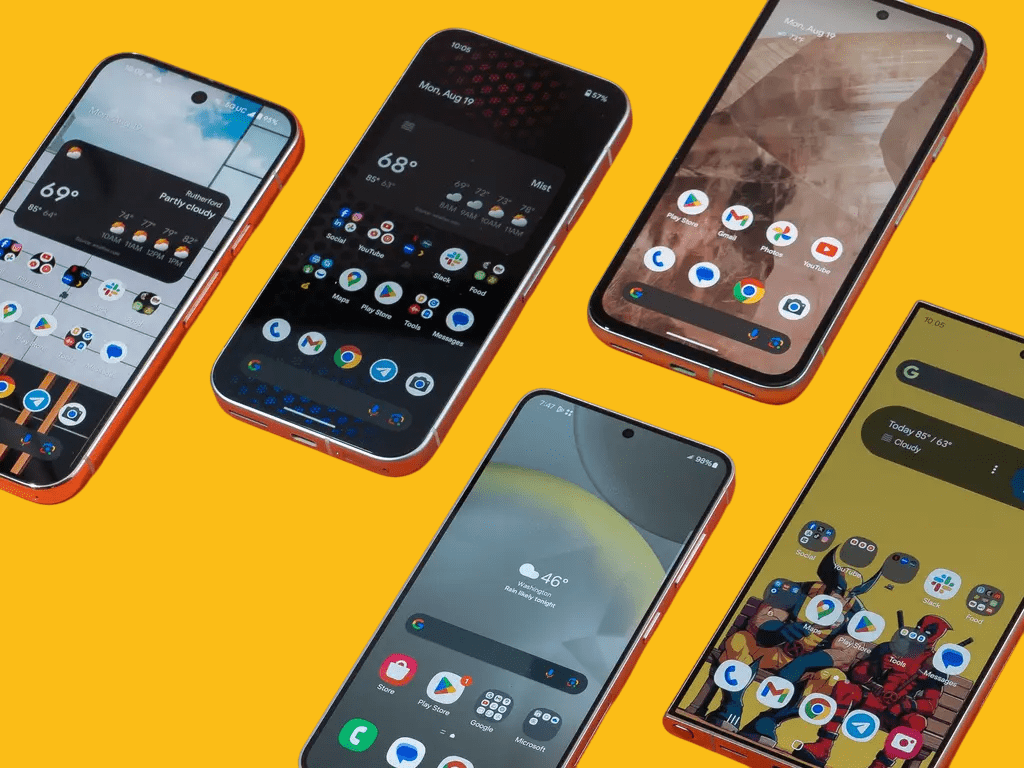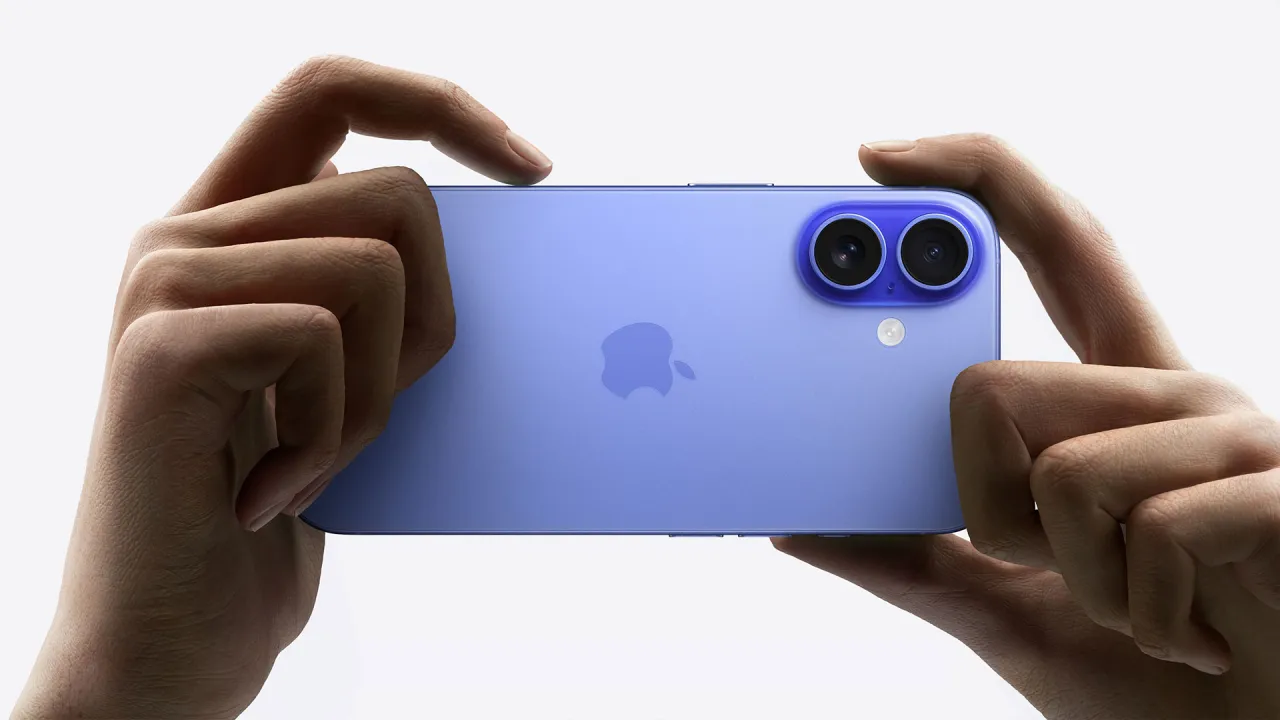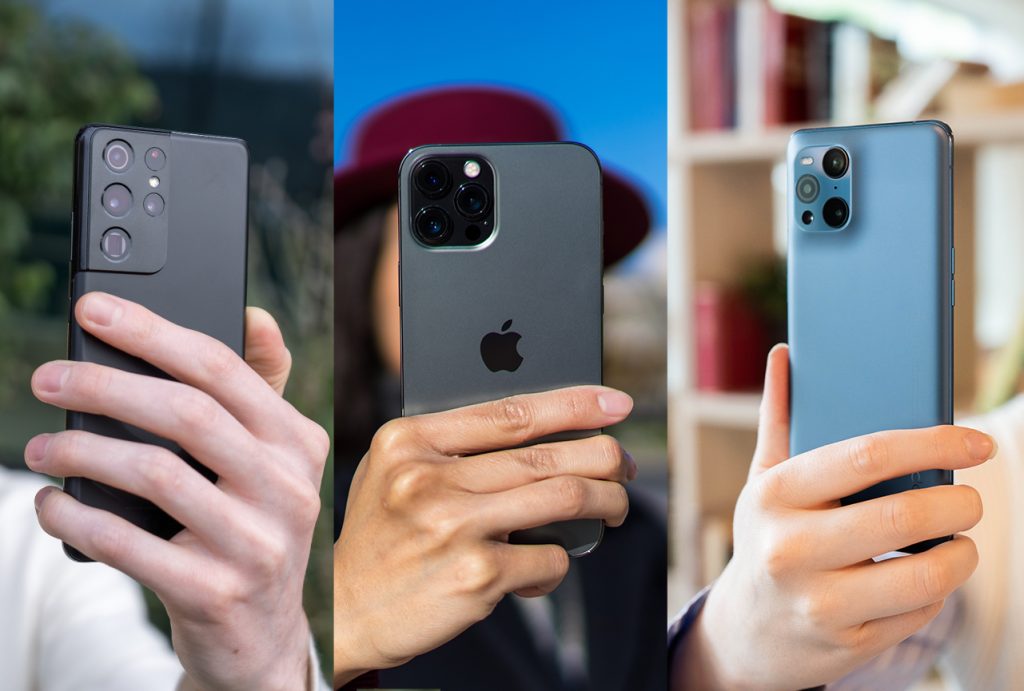In 2024, the smartphone market is more diverse and competitive than ever. With numerous options available, choosing the best smartphone can be a daunting task. This guide will walk you through the essential factors to consider, helping you make an informed decision.
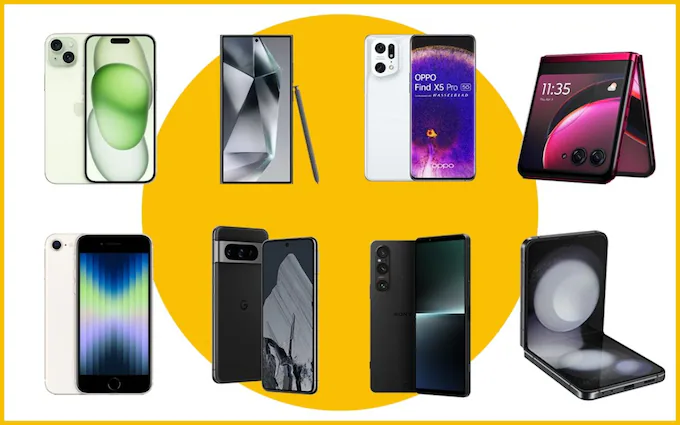
Table of Contents
- Introduction
- Understanding Your Needs
- Key Features to Look For
- Display
- Performance
- Camera Quality
- Battery Life
- Software and Updates
- Popular Smartphone Brands and Models
- Apple iPhone Series
- Samsung Galaxy Series
- Google Pixel Series
- OnePlus Series
- Other Notable Brands
- Budget Considerations
- Comparing Operating Systems: iOS vs Android
- Evaluating Build Quality and Design
- Connectivity and 5G Compatibility
- Additional Features to Consider
- Biometric Security
- Wireless Charging
- Water and Dust Resistance
- Making the Final Decision
- Conclusion
1. Introduction
Choosing the best smartphone in 2024 requires a balance between personal preferences, budget, and understanding the latest technological advancements. This comprehensive guide aims to simplify the process by breaking down the key aspects you need to consider.
2. Understanding Your Needs
Before diving into specific features, it’s crucial to understand your personal needs and usage patterns. Ask yourself the following questions:
- How often do you use your smartphone for gaming or heavy applications?
- Do you prioritize camera quality for photography and videography?
- Is battery life a significant concern for your daily usage?
- Are you loyal to a particular operating system, such as iOS or Android?
Understanding your priorities will help narrow down your options and make the selection process easier.
3. Key Features to Look For
Display
Screen Size and Resolution
The display is one of the most critical aspects of a smartphone. Consider the screen size that suits your comfort and usage. Smaller screens (under 6 inches) are more portable, while larger screens (over 6 inches) offer a better viewing experience for media and gaming.
Resolution is equally important. Look for at least a Full HD+ (1080p) display for sharp and clear visuals. Higher resolutions, such as Quad HD (1440p) or 4K, provide even better clarity but can drain the battery faster.
Display Technology
There are two main types of display technologies: LCD and OLED. OLED displays, including variants like AMOLED and Super AMOLED, offer better color accuracy, deeper blacks, and higher contrast ratios compared to LCDs. However, OLED screens can be more expensive.
Performance
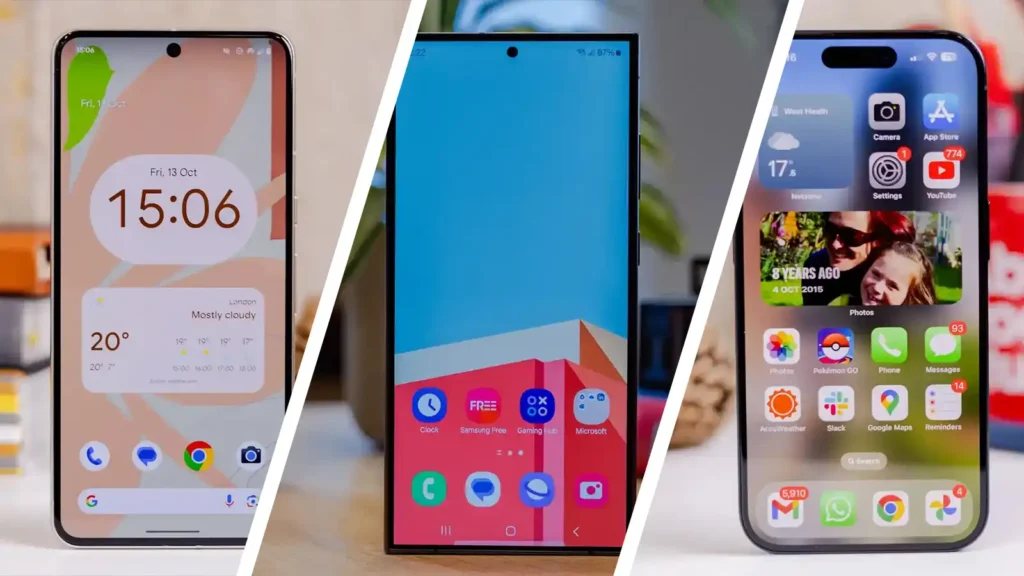
Processor (CPU)
The processor is the brain of your smartphone. High-end smartphones typically feature powerful processors like Apple’s A-series, Qualcomm’s Snapdragon 8-series, or Samsung’s Exynos. Look for newer generation processors for optimal performance and efficiency.
RAM
RAM (Random Access Memory) affects the multitasking capabilities of your smartphone. For smooth performance, especially with heavy apps and games, aim for at least 6GB of RAM. High-end models offer up to 16GB or more, ensuring seamless multitasking and future-proofing.
Camera Quality
Megapixels and Sensor Size
While megapixels are often highlighted, they are not the sole determinant of camera quality. Sensor size, aperture, and image processing capabilities play significant roles. Larger sensors capture more light, resulting in better low-light performance and image quality.
Multiple Lenses and Features
Modern smartphones come with multiple lenses, including wide, ultra-wide, telephoto, and macro. These additional lenses offer versatility for different shooting scenarios. Look for features like optical image stabilization (OIS), night mode, and AI enhancements for improved photography.
Battery Life
Capacity and Efficiency
Battery capacity, measured in milliampere-hours (mAh), indicates the potential battery life of a smartphone. However, efficiency depends on other factors like the processor and software optimization. Aim for a battery capacity of at least 4,000mAh for all-day usage.
Charging Speed
Fast charging capabilities are essential for quickly replenishing your battery. Look for smartphones with fast charging technologies, such as Qualcomm Quick Charge, USB Power Delivery, or proprietary solutions like Warp Charge from OnePlus.
Software and Updates
Operating System
The choice between iOS and Android is a personal preference. iOS offers a seamless ecosystem with regular updates, while Android provides more customization options and a broader range of devices.
Update Support
Consider the manufacturer’s track record for software updates. Regular updates ensure you have the latest features, security patches, and improvements. Apple’s iPhones typically receive updates for several years, while some Android manufacturers also offer extended support.
4. Popular Smartphone Brands and Models
Apple iPhone Series
Apple’s iPhone series continues to set the standard for premium smartphones. The latest iPhone models, such as the iPhone 14 and 14 Pro, offer cutting-edge features, exceptional performance, and a seamless ecosystem.
Samsung Galaxy Series
Samsung’s Galaxy series is known for its innovation and versatility. The Galaxy S24 and S24 Ultra are flagship models that offer top-tier performance, impressive displays, and versatile cameras.
Google Pixel Series
Google’s Pixel series focuses on delivering a pure Android experience with exceptional camera capabilities. The Pixel 8 and 8 Pro are the latest models, known for their AI-powered photography and timely software updates.
OnePlus Series
OnePlus has gained a reputation for offering high-performance smartphones at competitive prices. The OnePlus 12 is the latest addition, featuring powerful hardware, a sleek design, and fast charging capabilities.
Other Notable Brands
Other brands like Xiaomi, Oppo, Vivo, and Sony also offer compelling smartphones with unique features and competitive pricing. Researching these brands can provide additional options that meet your requirements.
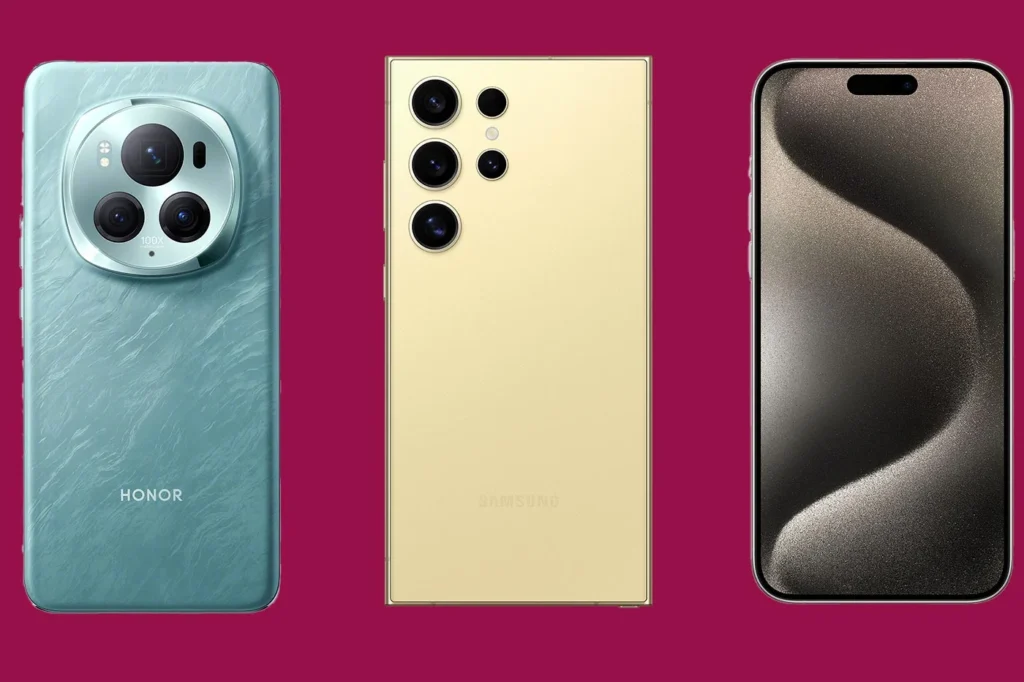
5. Budget Considerations
Your budget plays a significant role in determining the best smartphone for you. High-end smartphones offer premium features and performance but come at a higher price. Mid-range and budget options provide excellent value with a good balance of features and cost.
6. Comparing Operating Systems: iOS vs Android
iOS
iOS, Apple’s operating system, is known for its smooth performance, intuitive interface, and tight integration with the Apple ecosystem. iOS devices receive regular updates, ensuring you have the latest features and security enhancements.
Android
Android offers a more customizable experience with a wider range of devices and price points. The open-source nature of Android allows manufacturers to add unique features and interfaces. Regular updates vary by manufacturer, so choose brands with a good update track record.
7. Evaluating Build Quality and Design
Materials
Smartphones come in various materials, including glass, metal, and plastic. Glass and metal offer a premium feel and durability, while plastic can be more affordable and resistant to drops.
Design
Consider the design aesthetics and ergonomics of the smartphone. Slim bezels, curved edges, and lightweight construction contribute to a modern and comfortable design. Choose a design that appeals to your taste and feels comfortable in your hand.
8. Connectivity and 5G Compatibility
5G Support
5G connectivity is becoming standard in modern smartphones. It offers faster internet speeds and improved network reliability. Ensure your chosen smartphone supports the necessary 5G bands for your region.
Other Connectivity Options
Look for additional connectivity options such as Wi-Fi 6, Bluetooth 5.2, NFC for contactless payments, and USB-C for fast data transfer and charging.
9. Additional Features to Consider
Biometric Security
Biometric security features like fingerprint scanners and facial recognition add an extra layer of security to your smartphone. Ensure these features are fast, reliable, and easy to use.
Wireless Charging
Wireless charging adds convenience by eliminating the need for cables. Look for smartphones with fast wireless charging capabilities to reduce charging times.
Water and Dust Resistance
Water and dust resistance, indicated by an IP rating, protect your smartphone from accidental spills and dust exposure. An IP68 rating is common in premium smartphones, ensuring durability in various environments.
10. Making the Final Decision
Compare Multiple Models
Create a shortlist of smartphones that meet your requirements and compare them side by side. Consider factors like performance, camera quality, battery life, and additional features.
Read Reviews and Watch Videos
Reading expert reviews and watching video reviews can provide valuable insights into real-world performance and user experiences. Pay attention to pros and cons mentioned by reviewers.
Visit a Store
If possible, visit a store to physically handle the smartphones on your shortlist. This hands-on experience can help you assess the build quality, design, and overall feel of the device.
11. Conclusion
Choosing the best smartphone in 2024 involves balancing your personal preferences, budget, and understanding the latest technological advancements. By considering the key features, popular brands, budget considerations, and additional features, you can make an informed decision. Whether you prioritize performance, camera quality, or design, this guide provides the necessary insights to help you find the perfect smartphone for your needs.
Selecting the best smartphone is a personal journey that requires careful consideration. By following this guide, you’ll be well-equipped to navigate the diverse smartphone market and choose a device that meets your expectations and enhances your daily life.


